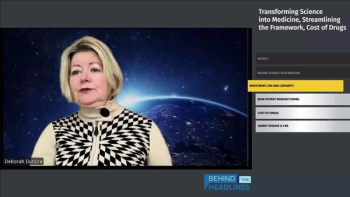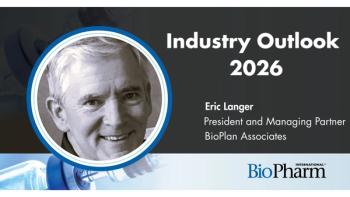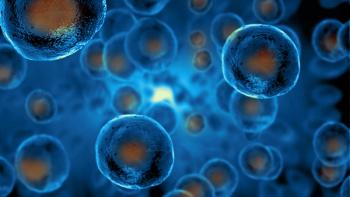
USP Advanced Manufacturing Technology Lab Opens for Further Developments in R&D Analytics
The R&D analytical solutions will consist of analytical lab services that use USP’s in-house scientific expertise and state-of-the-art facilities at the USP Advanced Manufacturing Technology Lab in Richmond and the USP headquarters facility in Rockville, Md.
The US Pharmacopeia (USP) announced the opening of the USP Advanced Manufacturing Technology Lab in Richmond, Va., as a part of their launch of a suite of R&D analytical solutions to continue to support the efforts of drug manufacturers seeking to adopt advanced manufacturing technologies, such as pharmaceutical continuous manufacturing (PCM).
PCM is a continuous flow of materials through a process pipeline in which two or more unit operations are directly connected and there is a sequential transformation of the materials. The process output, such as an API or drug product, is collected as the input materials are being fed in, and the entire process happens in a single facility.
"Reducing technical and training barriers to adoption of advanced manufacturing technologies like PCM will help strengthen resilience by allowing medicines to be made in more places. This diversifies sources of supply and strengthens the medicines supply chain," said Ronald T. Piervincenzi, PhD, CEO of USP, in a press release. "Our new analytical laboratory service offerings extend USP's capability to assist manufacturers considering the adoption of PCM, and will help ensure availability of trusted, quality medicines made with PCM alongside those made with traditional batch manufacturing technology."
The R&D analytical solutions will consist of analytical lab services that use USP’s in-house scientific expertise and state-of-the-art facilities at the USP Advanced Manufacturing Technology Lab in Richmond and the USP headquarters facility in Rockville, Md.
The areas of focus that will be used to characterize materials and help ensure the quality of medicines made with PCM include:
- Drug assays, including stability-indicating tests
- Methods to control impurities (including mutagenic, process, and unknown impurities, as well as residual solvents)
- Cleaning validation
- Purity analysis
- Material isolation, identification, and characterization
- Spectrometric and other process analytical technology applications.
USP is focused on R&D analytical solutions and quality measurements specific to PCM and is focused on addressing the challenges of PCM adoption and helping to strengthen medicines supply chain resilience.
In addition, USP is working with partners and stakeholders to address PCM knowledge gaps through educational programs, creating an online continuous manufacturing Knowledge Center, and launching a flow chemistry R&D lab to investigate novel routes of synthesis for APIs using PCM and develop new analytical techniques to ensure product quality.
PCM has the potential to allow flexibility and efficiency in manufacturing, lower production costs, cut environmental footprints, accelerate production and scale-up in response to emergencies, and reduce potential quality issues through real-time monitoring.
Source:
Newsletter
Stay at the forefront of biopharmaceutical innovation—subscribe to BioPharm International for expert insights on drug development, manufacturing, compliance, and more.




